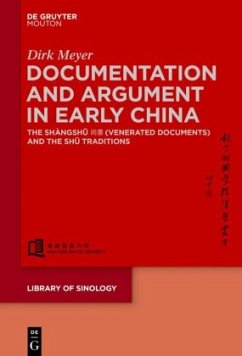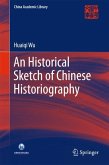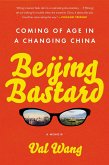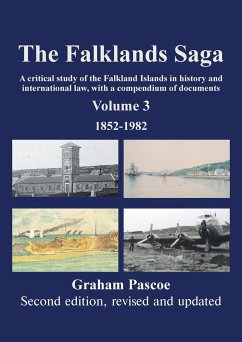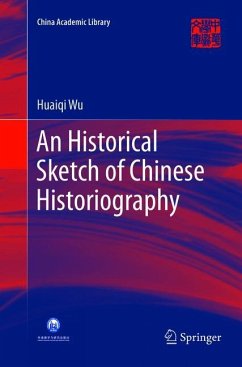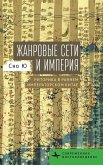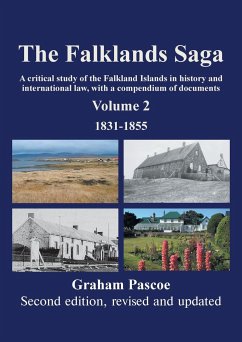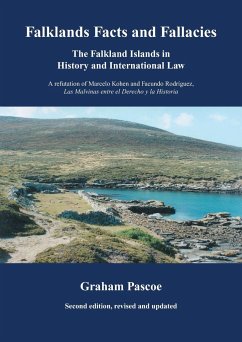This study uncovers the traditions behind the formative Classic Shàngshu (Venerated Documents). It is the first to establish these traditions-"Shu" (Documents)-as a historically evolving practice of thought-production. By focusing on the literary form of the argument, it interprets the "Shu" as fluid text material that embodies the ever-changing cultural capital of projected conceptual communities. By showing how these communities actualised the "Shu" according to their changing visions of history and evolving group interests, the study establishes that by the Warring States period (ca. 453-221 BC) the "Shu" had become a literary genre employed by diverse groups to legitimize their own arguments. Through forms of textual performance, the "Shu" gave even peripheral communities the means to participate in political discourse by conferring their ideas with ancient authority. Analysing this dynamic environment of socio-political and philosophical change, this study speaks to the Early China field, as well as to those interested in meaning production and foundational text formation more widely.
Hinweis: Dieser Artikel kann nur an eine deutsche Lieferadresse ausgeliefert werden.
Hinweis: Dieser Artikel kann nur an eine deutsche Lieferadresse ausgeliefert werden.
"Meyer's book is certainly a valuable addition to the scholarly literature on early Chinese culture. When the resources available for studying this subject have been so vastly expanded in our own generation by the manuscripts newly unearthed by archaeologists, studies like this which digest some of the new material and make it accessible to Western students are to be welcomed with open arms." Geoffrey Sampson: LinguistList, 28 March 2022.

